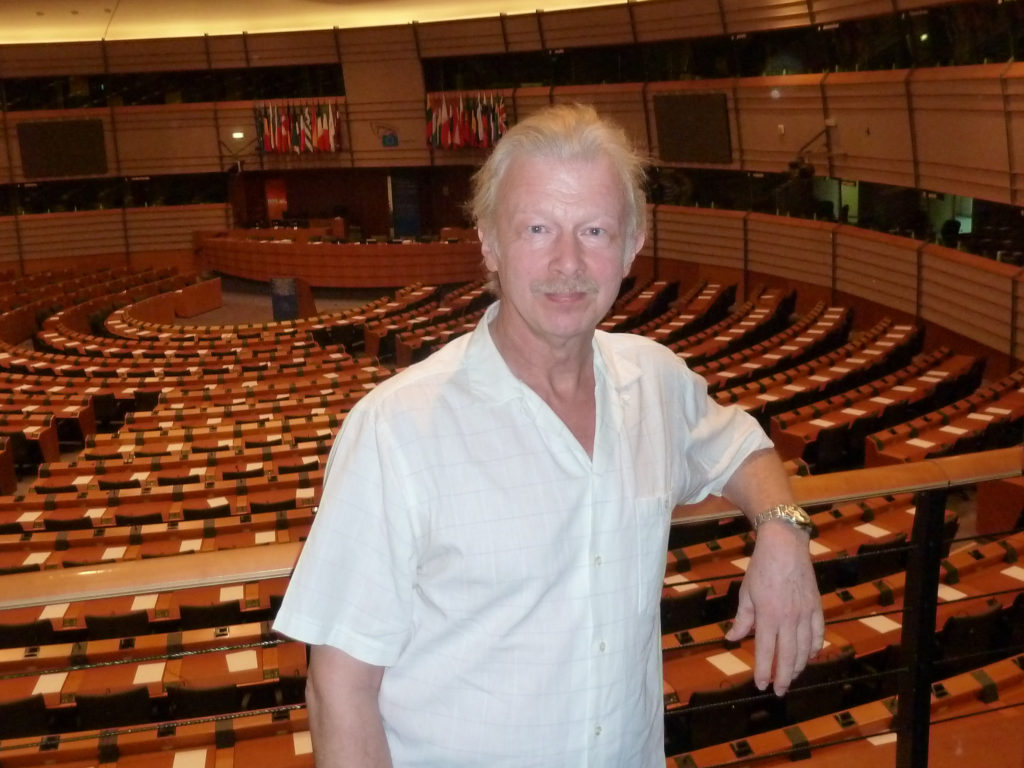Introduction

Politics is something that affects us all, but is understood by relatively few. You may be forgiven for thinking that if it is so important, then why is it not taught at school? That is a very good question, because it should be. All countries should strive to be democracies and all people should understand what is meant by a democracy. The UK democracy is built around our constitution and worked when there were only two political parties. In the 21st century when there are at least seven UK political parties, the system is starting to strain. The European project started with six member states and now has 28, so it is also straining. However, it is not just about a form of democracy, nor is it even only about trade. It is more of a cultural partnership of 500 million citizens. There is much written about the EU, but to understand it, first one has to understand our own political system. See British politics explained…
European Politics
Britain is a small scale Europe, but instead of having 28 member states, it has four. England, Scotland, Wales and Northern Ireland. Even with the same constitution, there are numerous differences in political philosophy between the four countries. It is of no surprise then when scaling up to 28 partners, all with different constitutions, but based on the system of French law, acqui communautaire that the EU project is not running as smoothly as some of us would like.
Starting with member representation, I live in the European Parliament’s South East region, where 10 Members of European Parliament (MEP) represent us. We may at a pinch know who our councillors are, we may even know who our Constituency MP is, but how many know who their MEPs are? If you click on the link above, you will see that UKIP dominated the European Elections in this and other regions by gaining five Seats. The Conservatives gained three Seats, the Green Party one Seat and the Liberal Democrats one Seat. It seems ironic that the very Party that does not believe in the European project received the most votes in the South East region. They also received the most votes countrywide gaining 24 MEPs overall. However, one UKIP MEP, although elected to the European Parliament as a UKIP member, was according to an article in the Independent, thrown out of the Party for reasons of alleged fraud. I may be wrong, but I have never heard of an EU by-election. When leaving a political Party after winning an election, the correct thing to do is to go back to the people to see whether support is still maintained outside of the Party. Voting is a democratic right and is known as “Universal Suffrage” and yet it is difficult to understand why so many would vote for political representation of people not committed to the success of the Parliament that has so much influence of improving our lives.
Facts and Threats
The following pages attempt to simplify an understanding of what is the European Union today, by giving a background of what it originally was and how we arrived at where we are now. There are facts such as whose idea was it to form a union, when was it formed, how many countries were there at the beginning, how many countries are there now and what are the rules of membership will all be covered.
The Beginning of the European Union
The term applied to what we know now as the European Union was not actually how the project was referred as at the beginning. Then it was known as the European Steel and Coal Community (ESCC). The Founding Fathers were, Jean Monnet who could be said to be the unifying force behind the birth of the European Union and Robert Schuman, the architect of the European integration project. The project came about after the Second World War when a solution was needed to the cause of both World Wars. It was determined that the reparations forced on Germany after the First World War were overly harsh, but more importantly that Germany’s manufacturing ability was the catalyst that drove German expansionism. By creating a steel and coal community between six countries, one of them being West German, it was hoped that this would have a positive effect on all member’s economies and therefore negate any need to declare war on neighbours in the future.
Winston Churchill, whether intentionally or not was part of the process of forming the ESCC when he called for a United States of Europe in his Zurich speech of 1946. Much later, Margaret Thatcher in her Bruges speech of 1988 said, “Britain does not dream of some cosy, isolated existence on the fringes of the European Community. Our destiny is in Europe, as part of the community”. Charles Powell, a senior foreign policy adviser to Lady Thatcher in the 1980s said, “In office she remained a European” but was setting out a new vision. See BBC piece Thatcher’s Bruges speech ‘not anti-EU’ – former aide.
